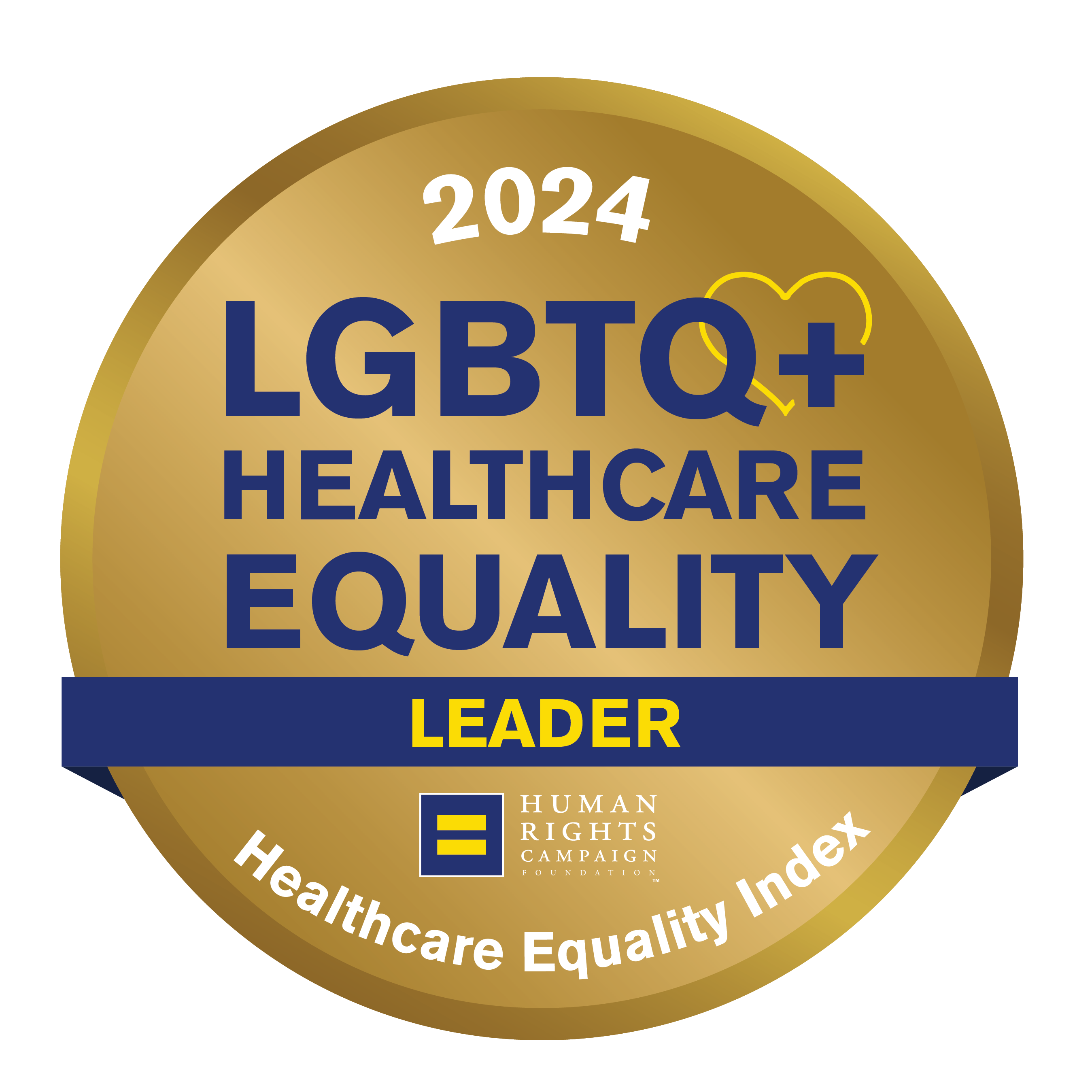Gender-affirming hormone therapy can help anyone who feels uncomfortable with the physical aspects of their gender. It can be taken as pills, patches, gels, or by injection. Hormone therapy can be given alone or as preparation for gender-affirming surgery. We prescribe gender-affirming hormone therapy according to the World Professional Association for Transgender Health (WPATH ) Standards of Care; however, we also individualize regimens to help you reach your personal goals.
Male-to-Female Transition
Feminizing hormone therapy includes estrogen to promote feminine characteristics and anti-androgens to block the production and effects of testosterone. The goal of therapy is to attain a more feminine appearance, including breasts, softer skin, and rounder, wider hips.
Female-to-Male Transition
Masculinizing hormone therapy uses testosterone to achieve more masculine characteristics. These include a deeper voice, a more muscular appearance, and more facial and body hair. It also stops menstrual cycles.
Gender Fluid
Hormone therapy may also be taken in small doses by individuals who don’t identify as either male or female. It can result in a more androgynous or more feminine appearance that is somewhere between both genders.
Medical Supervision Is Needed
It is important to work with a gender care specialist if you are interested in this therapy because it can cause weight gain, acne, mood changes, and increased risks of serious medical conditions, such as heart disease, blood clots, and diabetes. Hormone therapy can be a lifelong commitment. Our transgender specialists work closely with you to minimize the side effects of hormone therapy and connect you with specialists who may also be part of your care. This ensures you have a positive, healthy experience.
